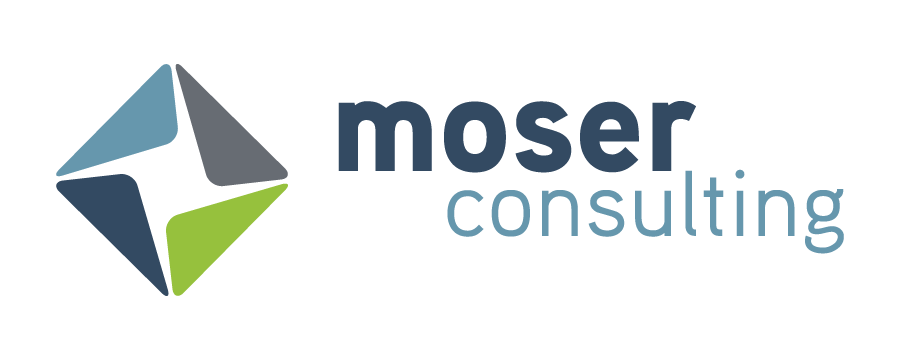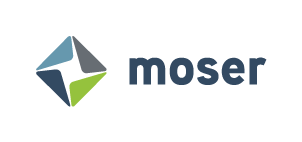Visualizing Data with Python
Python can be a powerful tool for data visualization. It has specific advantages over tools like Power BI and Tableau, such as being easy for programmers and data scientists to learn, access, and integrate into various mediums. There are several popular visualization packages, such as Matplotlib and Plotly, that data enthusiasts can pick up today.
What is it?
The ability to effectively visualize data is a key skill in the tech world. With many individuals and organizations seeking to utilize data to drive new insights and decision-making, data visualization is important for helping stakeholders better understand data. It is a vital cog in the broader field of data science and data analytics.
There are a number of Python libraries that can be used for visualizing data. Using these libraries requires general knowledge of Python, and experience with the data wrangling library Pandas is very helpful as well. Simply installing and importing the desired packages is enough to get started.
Why Python?
Using Python to visualize data presents some unique advantages compared to more specialized business intelligence software such as Power BI or Tableau.
Python packages are easy for experienced programmers to pick up, since they are extensions of the existing Python programming language.
Python packages are easy to access while doing analysis. If someone is already working with Python, then using a visualization library is a quick and simple alternative to Power BI or Tableau. This makes Python visuals the tool of choice for conducting exploratory analysis.
Python visualizations are easy to integrate into different mediums, including web applications. For instance, Python visuals work well with apps developed on the Streamlit framework.
Python visualizations are very flexible and customizable.
However, there are also clear disadvantages compared to Power BI and Tableau.
Using Python libraries requires a working knowledge of the language, which some data analysts and data visualization engineers may not have.
It is easier to create dashboards with Power BI and Tableau.
Power BI and Tableau offer user-friendly drag-and-drop functionality, letting users see in real-time how their changes look, in contrast to Python code.
Popular Visualization Libraries
There are a wide range of Python visualization libraries available to use. Some of the best options include Matplotlib, Seaborn, and Plotly.
Matplotlib is the most popular Python data visualization package. Being the oldest such library, Matplotlib has a large amount of documentation and community support. It allows programmers significant flexibility in making visualizations.
Seaborn is another popular visualization package. Built on top of Matplotlib, Seaborn is closely integrated with NumPy and Pandas data structures, making it easy to use alongside them. Seaborn is known for being intuitive and easy to learn.
Plotly excels in interactivity, which is an area where Matplotlib and Seaborn lag behind. As another simple-to-learn library, Plotly makes it easy to design interactive plots, and it is often used for creating visuals for web applications. Plotly charts can be embedded directly in HTML, and they interface well with Streamlit.
Getting Started
Programmers and those in the data science and data analysis fields with solid Python backgrounds will find it beneficial to learn a visualization package or two. Many libraries, including Matplotlib, Seaborn, and Plotly, are free to use, meaning that all it takes to get started is installing the libraries and importing them into an IDE of choice. Free online tools like this Seaborn tutorial from DataCamp can be a good place to begin, although the best way to learn these packages is to play around with them and use them for hands-on experience through projects. Gaining a working knowledge of these Python libraries will equip data enthusiasts to better visualize and analyze data, a crucial skill in the modern tech world.
Links to Other Moser Webpages
http://lqvg.andadoor.com/data-analytics
References
DataCamp Plotly Tutorial - http://www.datacamp.com/tutorial/seaborn-python-tutorial
DataCamp Seaborn Tutorial - http://www.datacamp.com/tutorial/seaborn-python-tutorial
Simplilearn Matplotlib Tutorial - http://www.simplilearn.com/tutorials/python-tutorial/matplotlib






